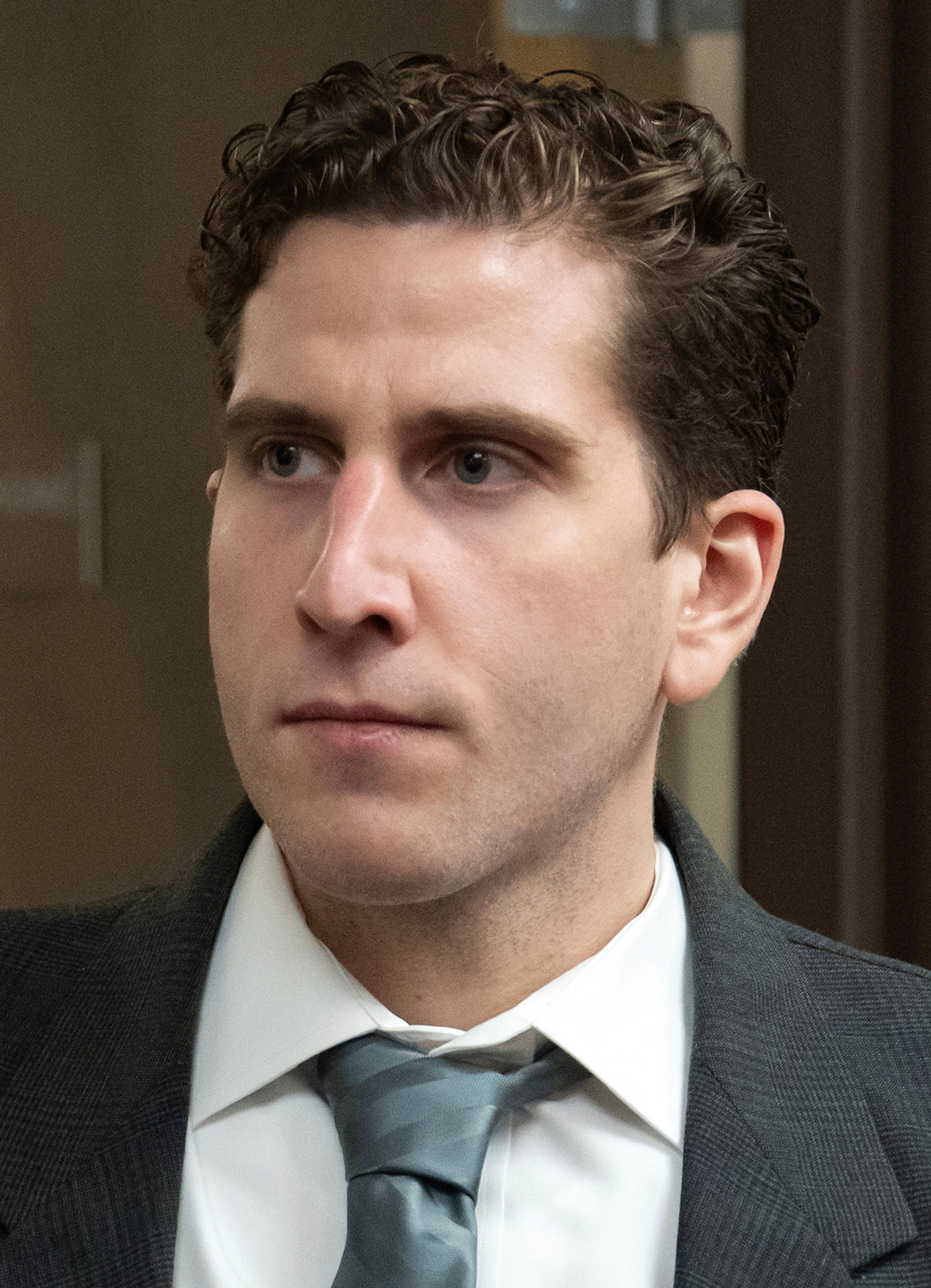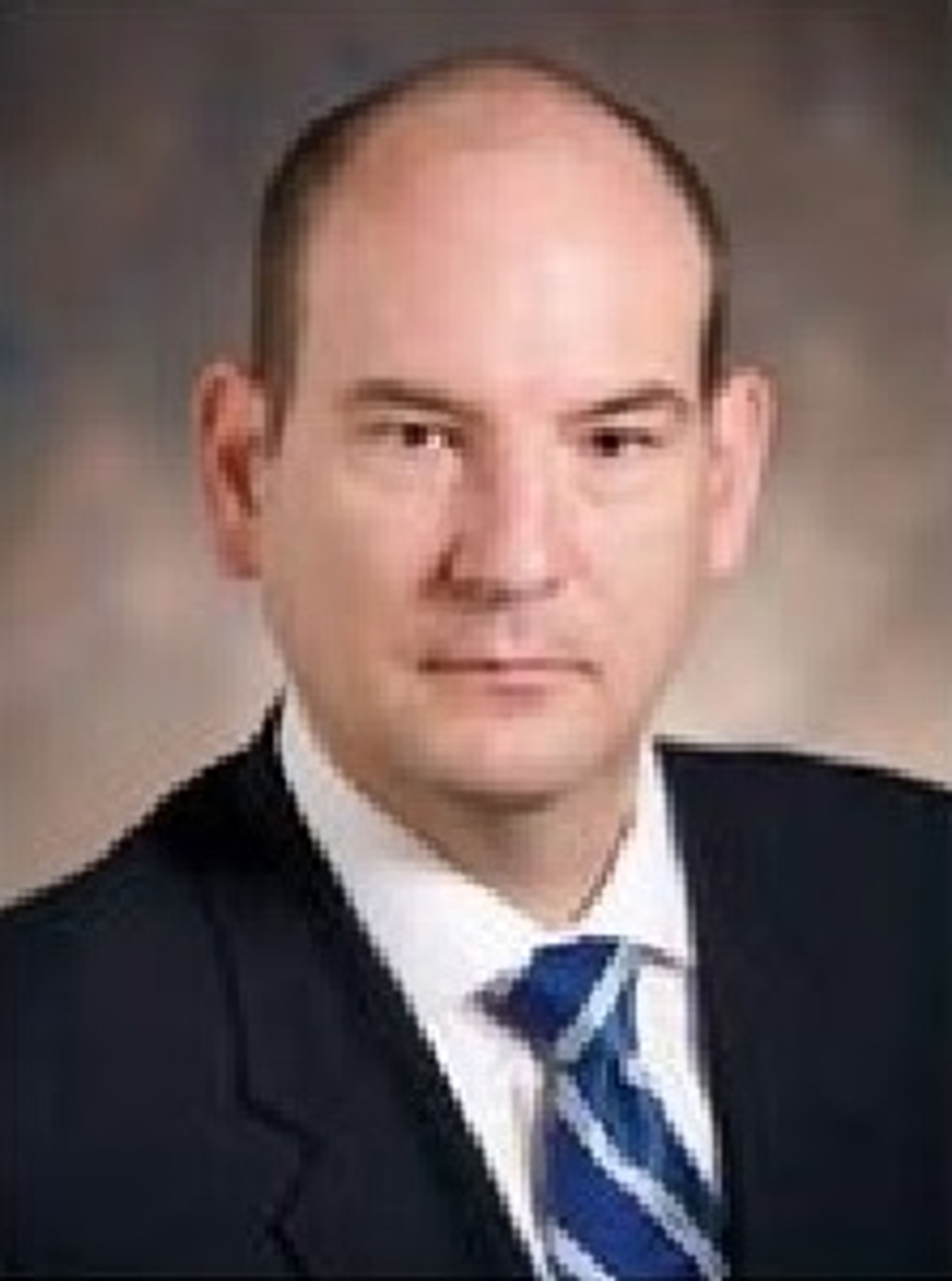Kohberger’s team attacks police affidavits
Attorneys argued search warrants were the result of false or omitted information
Bryan Kohberger’s attorneys argued Thursday that false and omitted information from police led to the warrant ordering his arrest for the murders of four University of Idaho students in 2022.
The defense also argued to suppress DNA evidence in the case. Part of this hearing, which was held in front of Ada County District Judge Steven Hippler, was closed to the public because Hippler was concerned information in the hearing would prejudice the jury pool.
Kohberger’s attorney Anne Taylor tried to convince Hippler that the police affidavits supporting the search warrants in this case had false and omitted information. The warrants were signed by Latah County Magistrate Judge Megan Marshall.
Taylor spoke about the police interviews with a witness in the King Road house where the murders occurred. She said the police’s account of the witness’s statements, and the number of times she was interviewed, were false and that she admitted to drinking that night and having issues with her memory.
Latah County Deputy Prosecutor Ashley Jennings countered by saying the witness consistently gave a physical description of the suspect and when the murders occurred.
Taylor said there are allegedly inconsistencies with the route police say Kohberger allegedly traveled in his vehicle the night of the murders. She claimed records cannot account for seven minutes when he was allegedly in his car. Taylor also claimed cell tower records cannot place him at the crime scene, only that he was in Moscow.
Taylor also argued there is not enough camera evidence clearly showing where Kohberger’s car was around the time of the murders.
Jennings said the prosecution believes cell tower data does place Kohberger’s cellphone in the area of the crime scene and that a camera at a nearby Ridge Road residence shows the suspect’s vehicle around the time of the murders.
Jennings said Taylor has to prove that police knowingly gave false information to the judge, and the defense still has not done that.
Jennings said the Moscow murder investigation was massive and involved officers from multiple law enforcement agencies. The affidavit was a working document meant to give Marshall the most complete information.
Taylor pointed to evidence that her team believes is exculpatory to Kohberger. For example, she said there was unknown male blood found on a handrail in the house and on a glove outside the house. She also said no blood was found inside Kohberger’s vehicle.
As Hippler questioned Taylor, he struggled to understand how this evidence trumps the DNA evidence allegedly found on the knife sheath left at the crime scene. This DNA was linked to Kohberger and became crucial evidence in his arrest.
Hippler said every magistrate judge he has met would find enough probable cause with DNA evidence found on the potential murder weapon to issue a search warrant.
Taylor and her team are arguing that the DNA evidence should be suppressed because it was not lawfully obtained. She claimed there were no warrants allowing the DNA to be investigated by a laboratory and by the FBI. She also said much of how the FBI investigated the DNA was done in secret.
That DNA was allegedly matched to a relative of Kohberger’s.
Hippler said there is no case law that supports the need for these warrants. Taylor, however, said it is still a violation of Kohberger’s privacy for his DNA to be investigated. She also claimed that the FBI violated Department of Justice policy when they used certain DNA databases to investigate Kohberger’s genealogy.
Special Assistant Attorney General Jeff Nye, who is part of the prosecution, argued that not following DOJ policy is not the same as a constitutional violation. He also argued Kohberger does not have a right to privacy if his DNA was left at a crime scene, especially if the DNA was found on a piece of the murder weapon.
Hippler must determine if a hearing is necessary to explore whether police did provide false information in their affidavits, which is called a Franks hearing.
He will listen to further arguments regarding evidence today in Ada County District Court.
Kohberger faces four counts of first-degree murder and one count of burglary in the November 2022 stabbing deaths of University of Idaho students Kaylee Goncalves, Madison Mogen, Xana Kernodle and Ethan Chapin. He could face the death penalty if convicted. His trial is scheduled to start in August.
Kuipers can be reached at akuipers@dnews.com.







